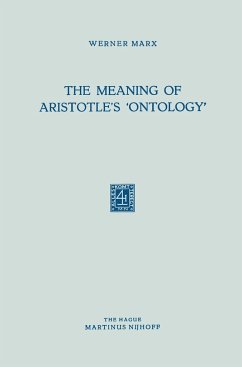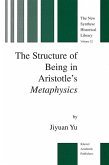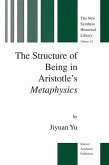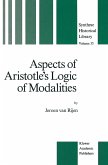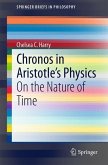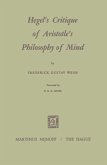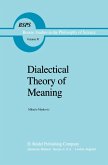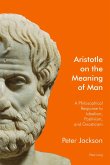This study forms part of a wider investigation whieh will inquire into the relationship of Ontology and Anthropology. Since the meaning of the term 'ontology' is far from clear, the immediate task is to ask the 'father of ontology' what he might have understood it to mean. The introductory chapter emphasizes the fact that Aristotle hirnself never used the term 'ontology. ' It should be stressed at once that, even had be used it, he could not very weH have employed it to denote the discipline of ontology. For it was only during the era of the schoolmen that the vast and rich body of the prote philosophia came to be disciplined into classifications; these classifications reflected the Christian, - not the pagan Greek -, view of all-that-is. The metaphysica specialis dealing with God (theology), his creatures (psychology), and the created universe (cosmology), was differentiated from the metaphysica generalis, dealing with being-in-general (ens commune). This latter discipline amounted to the 'discipline of ontology'. 1 We are not concemed with the meaning of the metaphysica generalis. We wish to approach our problem with an open mind and want to hear directly from Aristotle - on the basis of the text of the prote Philosophia alone - which body of thought he might have called his 'ontology' and what its meaning might have been.

